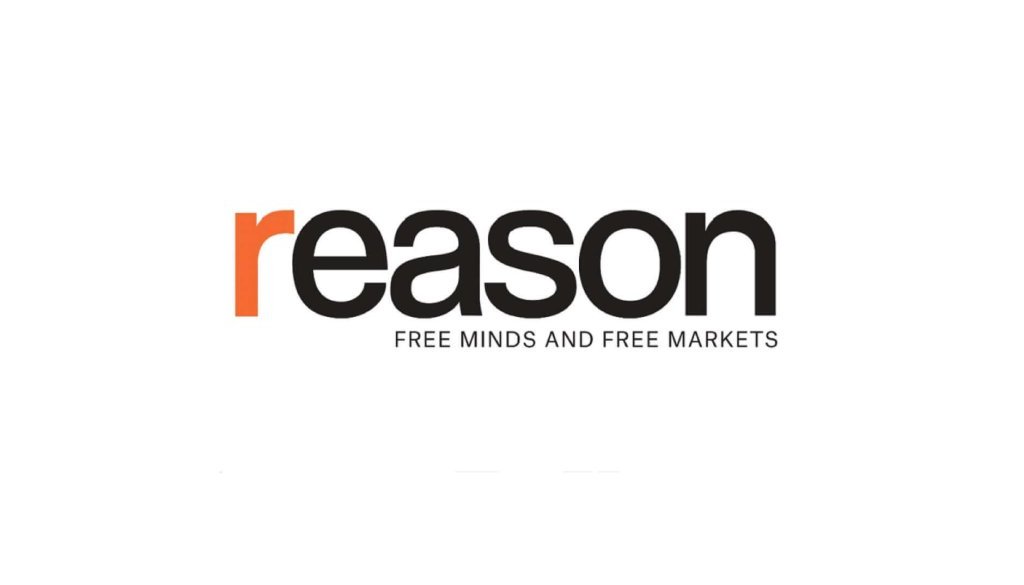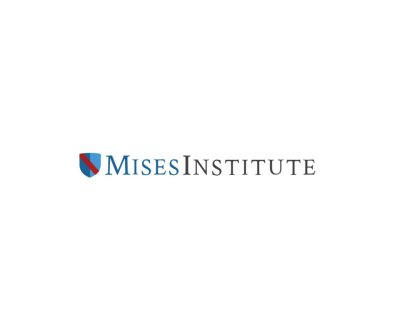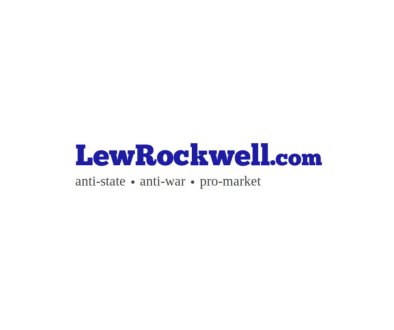Trump Undermines His Own South Korea Trade Deal With New 25 Percent Tariffs
If you still believe there is some overarching goal—new trade deals, negotiating for lower trade barriers, or whatever—to the Trump administration’s trade policy agenda, Monday’s announcement of new tariffs targeting imports from South Korea ought to put an end to all that.
South Korea was not the only country whose goods were hit with higher tariffs on Monday, nor does it seem likely to be the last. President Donald Trump also announced higher tariffs targeting imports from Japan, Myanmar, Laos, South Africa, Kazakhstan, and Malaysia. The White House indicated that Trump will be sending letters to other countries in the coming days announcing various tariff rates. This is, in effect, a slow-motion repeat of the “Liberation Day” tariff announcements that were put on hold for 90 days in early April after the markets reacted negatively to those announcements.
Still, tariffing imports from South Korea, America’s sixth-largest trading partner, is particularly galling. If Trump’s goal here is to strike deals that will lower foreign barriers to American exports and deliver better trading conditions for American manufacturers (who rely on imports), then hiking tariffs on South Korea makes startlingly little sense.
For starters, that’s because the new tariffs seem to violate an existing trade deal between the U.S. and South Korea. That deal, the U.S.-Korea Free Trade Agreement, was signed in 2007 by President George W. Bush and implemented in 2012. Und
Article from Reason.com

The Reason Magazine website is a go-to destination for libertarians seeking cogent analysis, investigative reporting, and thought-provoking commentary. Championing the principles of individual freedom, limited government, and free markets, the site offers a diverse range of articles, videos, and podcasts that challenge conventional wisdom and advocate for libertarian solutions. Whether you’re interested in politics, culture, or technology, Reason provides a unique lens that prioritizes liberty and rational discourse. It’s an essential resource for those who value critical thinking and nuanced debate in the pursuit of a freer society.



